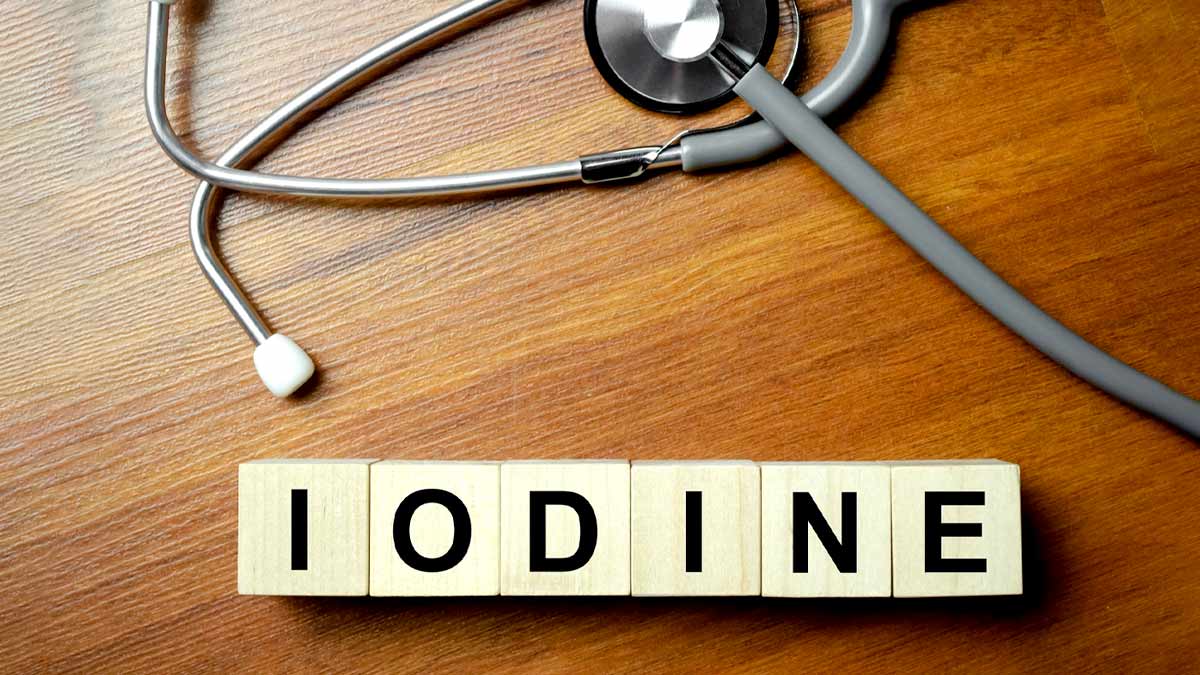
The thyroid, a small butterfly-shaped gland located in the neck, plays a crucial role in regulating various bodily functions. It produces essential hormones that control metabolism, energy levels, and overall well-being. However, when the thyroid gland becomes imbalanced, it can lead to conditions like hypothyroidism or hyperthyroidism. One natural and often overlooked approach to support thyroid health is through the incorporation of iodine-rich foods into our diets.
Table of Content:-
The Role of Iodine in Thyroid Health
Iodine is a trace mineral that is vital for the proper functioning of the thyroid gland. The thyroid extracts iodine from the bloodstream to produce thyroid hormones, namely thyroxine (T4) and triiodothyronine (T3). These hormones play a pivotal role in maintaining a healthy metabolism, which is crucial for overall bodily functions.
Iodine-Rich Foods to the Rescue
1. Seafood
Seafood, particularly fish like cod, tuna, shrimp, and seaweed, are excellent sources of iodine. Seaweed, such as kelp and nori, is exceptionally rich in this essential mineral and can be easily incorporated into salads, soups, or enjoyed as a snack.

Also read: Period Back Pain: Possible Causes And Tips To Prevent It
2. Dairy Products
Dairy foods like milk, yoghurt, and cheese are also good sources of iodine. Opt for organic or pasture-raised options to ensure higher nutrient content.
3. Iodised Salt
Common table salt is often enriched with iodine, making it a convenient and accessible source for most people. However, it's essential to balance salt intake and not excessively consume it, especially for those with hypertension.
4. Eggs
Eggs are a nutritious source of iodine and can be a versatile addition to any diet.
5. Prunes
Surprisingly, prunes are a good source of iodine, offering a natural and sweet way to enhance iodine intake.

Also read: Period Back Pain: Possible Causes And Tips To Prevent It
The Importance of Iodine Balance
While iodine is crucial for thyroid health, it's essential to strike a balance. Both iodine deficiency and excessive iodine intake can disrupt thyroid function. In regions where iodine deficiency is prevalent, supplementation or iodized salt can help prevent thyroid disorders. However, in areas with sufficient iodine in the soil and water, excessive iodine intake from supplements should be avoided, as it can lead to thyroid dysfunction.
Consult a Healthcare Professional
Individuals with existing thyroid conditions should consult a healthcare professional or a registered dietitian before making significant dietary changes. They can provide personalised guidance and ensure the right amount of iodine is incorporated into the diet to support thyroid health.
Also watch this video
How we keep this article up to date:
We work with experts and keep a close eye on the latest in health and wellness. Whenever there is a new research or helpful information, we update our articles with accurate and useful advice.
Current Version